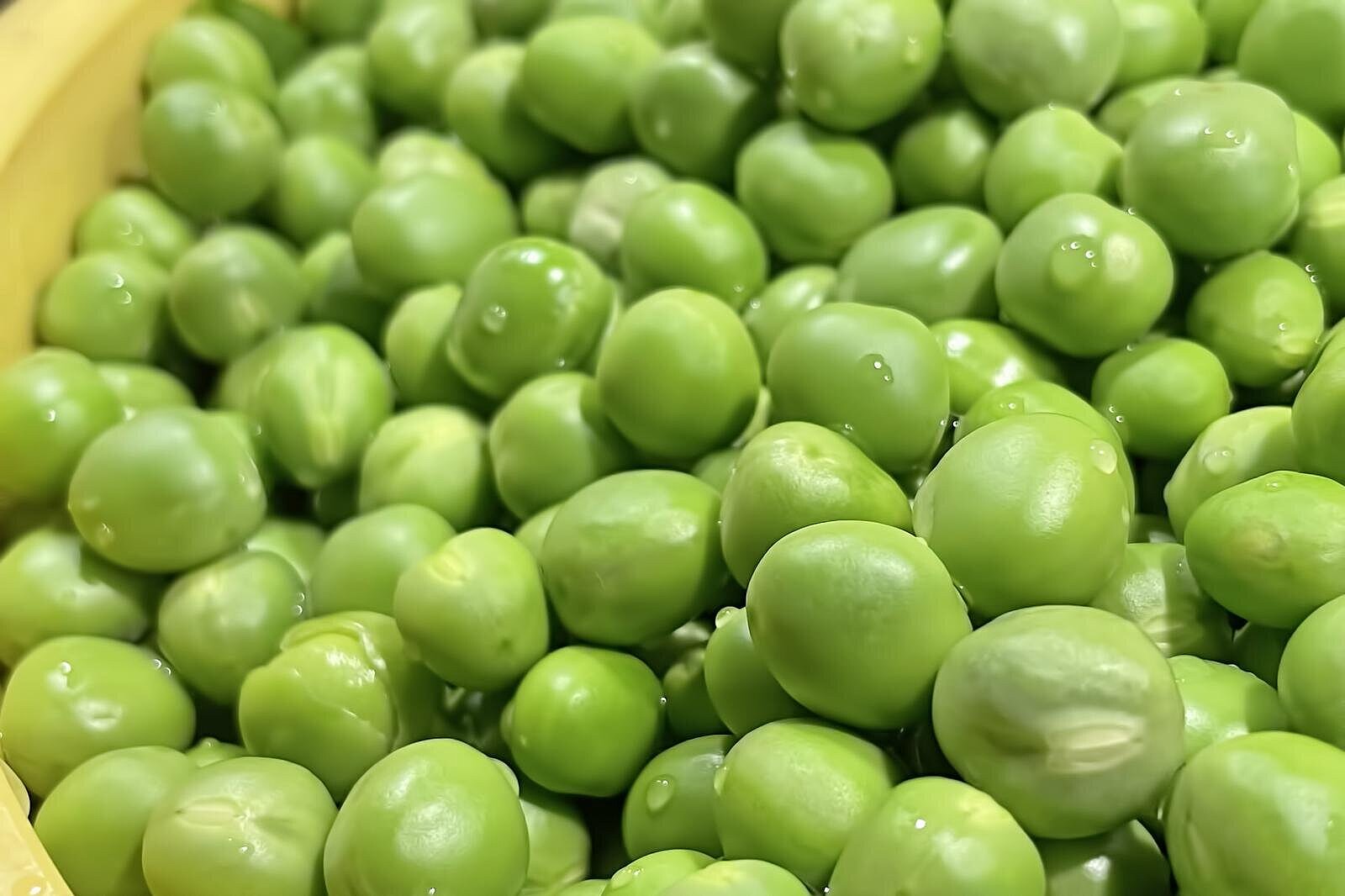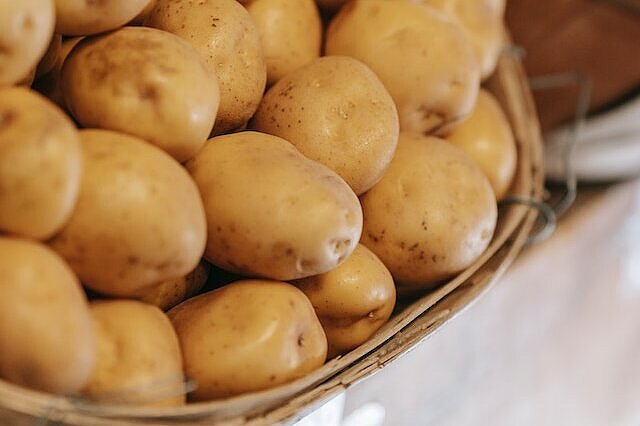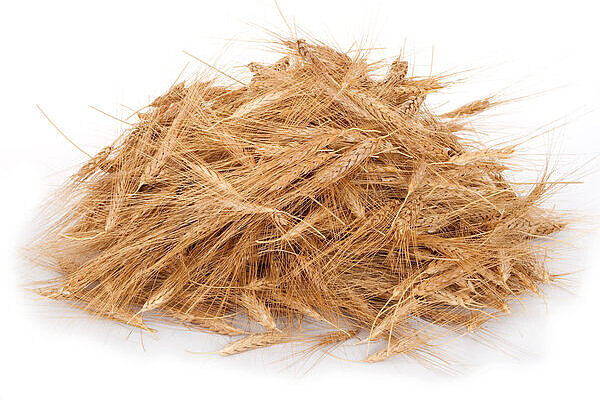Corn starch

What is corn starch?
Corn starch is a carbohydrate obtained from the endosperm of the corn kernel. It is a fine, white powder that is widely used in the food industry - including in dog food. Corn starch is often used as a binding or thickening agent and can also be used to improve the texture of the food.
Benefits of corn starch in dog food
Energy source
Corn starch is rich in carbohydrates and provides a quick source of energy. This can be a plus for active dogs, especially when they need a lot of energy for play, training and adventure.
Consistency and shelf life
It helps to maintain the consistency of the food and can contribute to the longer shelf life of the product. This is convenient for you as the food stays fresh for longer.
Cost
Corn starch is an inexpensive ingredient. This can help make the dog food cheaper overall - good for your budget.
Disadvantages of corn starch in dog food
Allergies and intolerances
Some dogs can have an allergic reaction to corn starch or tolerate it poorly. Symptoms can include skin problems, digestive disorders or other allergic reactions.
Low in nutrients
Corn starch contains few essential nutrients. It mainly provides empty calories and can lead to weight gain if consumed in excess.
Blood sugar levels
Corn starch can cause blood sugar levels to rise rapidly. This is particularly problematic for dogs with diabetes or other metabolic disorders.
Not always necessary
For some dogs, especially those that are less active or tend to be overweight, the high carbohydrate content may be unnecessary and should therefore be taken into account when choosing food.
Corn starch in dog food is like a coin with two sides. On the one hand, it can provide energy and make the food more affordable. On the other hand, it comes with risks such as allergies and high blood sugar levels and is low in nutrients. Watch your dog closely and talk to your vet to choose the best food for your furry friend. Because at the end of the day, only one thing matters: your dog's well-being and health!
If you notice any signs of hypersensitivity or poisoning in your dog, you should see your vet immediately. We are not a substitute for a vet, but we try to be as accurate as possible. Every dog reacts differently and we recommend you get a second opinion or consult your vet if in doubt.
Stay healthy and take good care of your four-legged friend!😊
Similar to Corn starch
Pea starch is a carbohydrate product obtained from the starchy fraction of the pea. In addition to starch, pea starch also contains protein (approx. 14%) and a high proportion of amylose, a type of...
Potato starch has several benefits for dogs that you should be aware of: Potato starch is gluten-free and therefore suitable for dogs with a grain allergy or intolerance.Potato starch contains...
What is rice starch? Rice starch is a carbohydrate that results from the breakdown of rice grains. It consists mainly of amylose and amylopectin, two types of molecules that are responsible for the...
Wheat starch consists of over 85 percent carbohydrates. Water makes up around twelve percent. Proteins and fat are only present in minimal proportions. The starch contains around 345 kilocalories...



